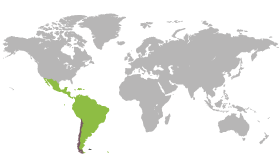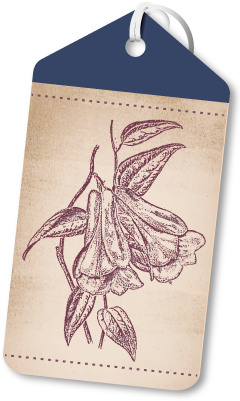 Overview
Overview


Area km2: 756,096
Population: 17,574,003
Capital: Santiago de Chile
ISO 3166: CL

Population density:
23.2 hab/km2

National flower:
Chilean bellflower (Lapageria rosea)
Chile is a significant exporter of fresh fruit, table grapes, blueberries and cherries. The most important annual crops cultivated in the country are wheat, oat, maize, rapeseed (canola) and rice. The country is well known for its viticulture and for the production of pisco. Among the production of vegetables for fresh consumption, the most relevant are lettuce, guard onion, tomato, squash and carrot, and among the species destined to the agro-industry we find maize (corn), tomato, artichoke, green beans, asparagus, green peas and bell peppers. Animal production is focused on poultry meat (chicken and turkey), beef, pork and sheep meat. Chile’s chief dairy products are matured cheese and “quesillos” (Chilean fresh cheese), followed by dry milk, fluid milk and yogurts. Chile is one of the main global seed exporters (mainly maize and vegetables), benefitting from the advantages of counter-season seed production.


 Trade
Trade Are there local developments?
Are there local developments?








